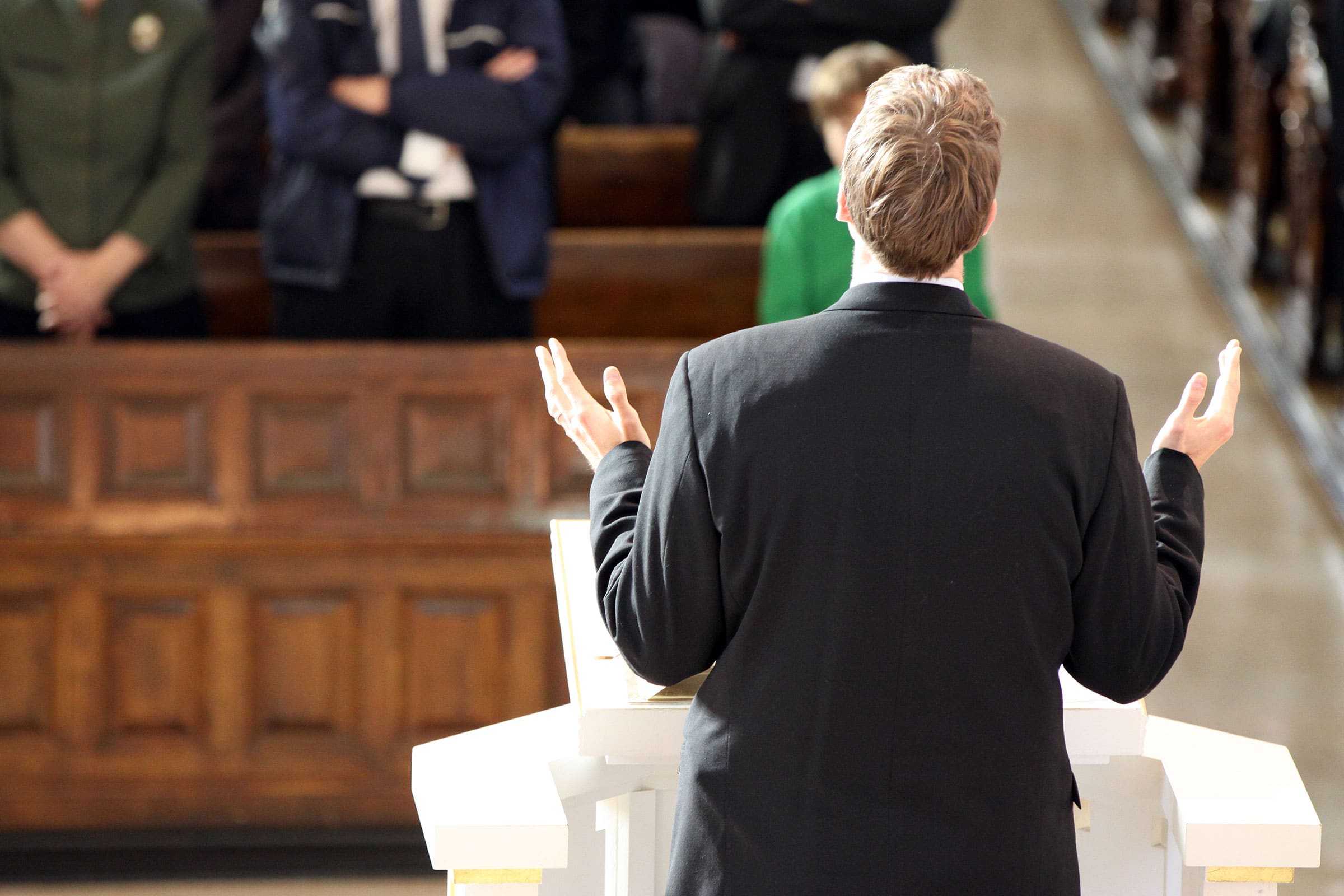
When we have let go of our illusions, that is when God is able to redeem us from our reality. There is no other way for the gospel to save us. We must realize that we are ruined. “How else but through a broken heart may the Lord Christ enter in?”

Although we naturally prefer to dwell on God’s mercy, it is the wretchedness of our plight without God that makes His mercy meaningful. We can’t enjoy the latter very deeply if we haven’t thought about the former very honestly.

Minds that do not normally think of God at other times will find it hard to stay focused on Him during occasional periods of prayer. Thus it will help us, when we are praying, to be people who are accustomed to living prayerfully.

The modern tendency to turn worship into something that is naturally enjoyable, and even entertaining, shouldn’t blind us to the fact that true worship is the spiritual adoration of God, a thing that does not come naturally to carnally-minded people.

If we hope to be freed from our bondage, we must be honest about where we are. Even if we’re seeking God right now, our seeking may be more about what we want than about what He wants. There are few of us who don’t need to repent of that.

God is lovingly concerned about our brokenness. He knows we are “weary and scattered, like sheep having no shepherd.” At great cost, He has made it possible for us to seek Him, find Him, and find in Him every bit of the wholeness we have lost.

What we need is not only to desire God but to desire Him single-mindedly and wholeheartedly. We cannot afford to love God with the “religious” part of our minds and still allow illicit desires to make themselves at home in the “other” part.

To a great extent, the quality of our lives is determined by this basic question: which will be our main focus from day to day, correcting our own faults or correcting those of others? Much that is important in life depends on our decision.

To make spiritual progress, we must deal decisively with anything that threatens either our desire or our training. “Meditate on these things,” said Paul. “Give yourself entirely to them, that your progress may be evident to all” (1 Timothy 4:15).

It was God who chose to limit our field of vision to that which is immediately in front of us. It should be evident that if this was God’s choice, then no more foresight than what we have is needed to fulfill the purpose for which we were created.






















